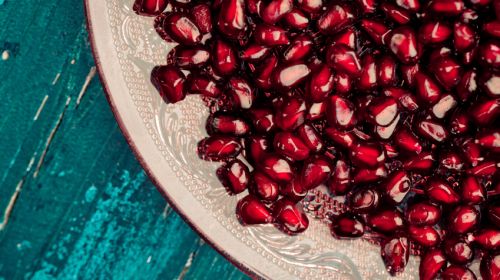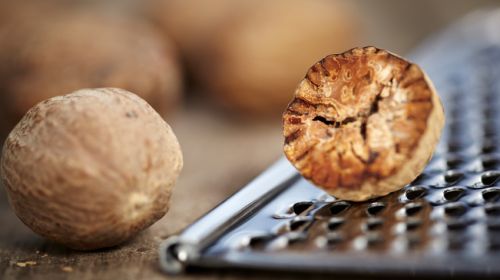Sensual, relaxing, antibacterial: the effects of the exotic plant Ylang Ylang are diverse. Essential oil is extracted from the flower, which, in addition to aromatherapy and erotic massage, can also be used against ailments such as abdominal pain.
- Essential oil is made from the yellow, lovely, sensual scented flowers of Ylang Ylang.
- © iStock.com/krungchingpixs
The flowers of the evergreen plant Ylang Ylang (pronunciation (ˈiːlaŋˈʔiːlaŋ), Latin Cananga odorata) exude a lovely, sweet scent that has a sensual and aphrodisiac effect. Oil is obtained from Ylang Ylang by steam distillation, which also has a mood-enhancing and relaxing effect. The essential oil can even be used to relieve discomfort in certain diseases.
Article content at a glance:
Effect of ylang ylang
Ylang-ylang essential oil extracted from the flower has various effects in the human body:
antimicrobial
antifungal
anti-inflammatory
antioxidant
relaxing
This results in a wide range of medical applications for ylang ylang. Its antifungal effect can help with fungal infections and its antibacterial effect with infections. As the neurotransmitter serotonin and endorphins are increasingly released when the essential oil is inhaled, Ylang Ylang can relieve inner tension, restlessness and nervousness. These relaxing and mood-enhancing effects are used in aromatherapy or massage.
In addition to its relaxing effect, ylang ylang oil is antispasmodic and can therefore relieve abdominal pain during menstruation or abdominal pain, for example.
Due to its antibacterial, antiseptic and moisturizing effects, the oil is also used in skin care. Cosmetics manufacturers also use the latter for hair care in shampoos for dry scalp and hair.
As with other essential oils, ylang ylang can cause allergic reactions. It is best to test the tolerance on a small area of skin. If you have a skin condition, it is best to speak to your doctor first before using ylang ylang oil.
Application of ylang-ylang essential oil
The essential oil from Ylang Ylang can be used in many ways internally and externally.
Aromatherapy: The natural healing method is based on the use of essential oils for therapeutic purposes. In the medical-scientific understanding, the vegetable oils are only inhaled in the context of aromatherapy. Depending on the oil used, various complaints can be alleviated, for example with colds, stomach complaints, for stress reduction and calming or to increase alertness.
Bath additive: A few drops of ylang-ylang oil in hot bath water have a relaxing effect, calm the nerves and can help against insomnia when done in the evening.
Internal application: Ylang Ylang can be used internally to relieve cramps or relieve insomnia. Mix a few drops in tea, sweeten with a little sugar or honey if necessary.
Skin care and masks: The essential oil has antibacterial and antiseptic properties, which is why it is used in cosmetic products. People with combination skin benefit from the moisturizing effect, while skin impurities can be combated at the same time. You can apply pure oil to the affected skin areas or use a ready-made cream or mask with ylang ylang.
Massage: As a massage oil, Ylang Ylang provides relaxation for stress and nervousness. It is also suitable for a sensual massage. Massage of the affected parts of the body with ylang-ylang oil can also have a beneficial effect on stomach pain and menstrual cramps.
Perfume and deodorant: Ylang Ylang smells exotic, sensual and intense – therefore it is part of many perfumes, including the famous Chanel No. 5 or deodorants.
Shampoo: The plant provides moisture and is therefore suitable for hair care and for dry scalps. Either mix a few drops of ylang-ylang oil with the hair shampoo or use a ready-made shampoo with ylang ylang.
Buying ylang-ylang oil: what to look out for
When buying ylang-ylang oil, one should pay attention to the quality and that it is declared as "natural", that is, without the addition of foreign substances. In addition, the Latin and botanical name and the country of origin should be mentioned on the label. The exotic plant is grown mainly in the Philippines, Indonesia, Madagascar, Haiti, Sumatra, Java, Zanzibar and the Comoros.
Anyone who values organic quality in ylang-ylang oil should pay attention to what type of cultivation is named on the bottle and whether there is an organic seal.
As a rule, essential oils are produced in the five distillation stages Extra, I, II, III and complete. Usually only the two levels of higher quality (extra and complete) are commercially available.


